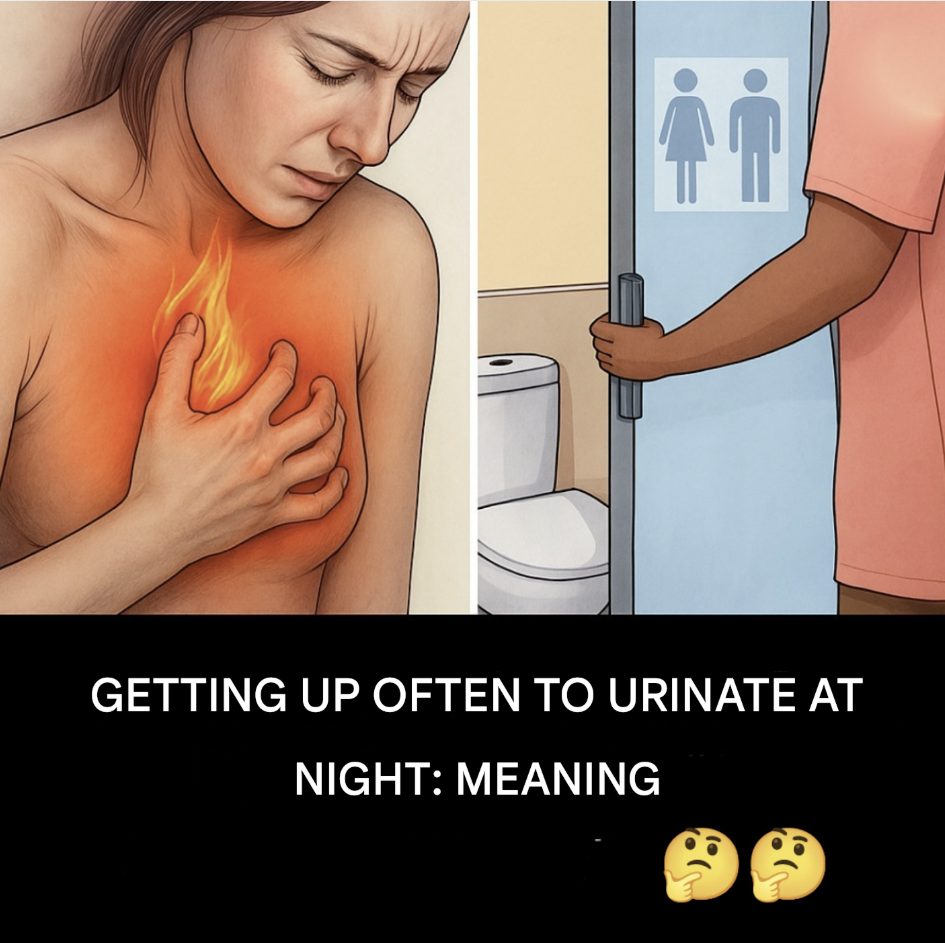Do you ever wake up several times a night, as if your bladder had activated a nighttime alarm? This phenomenon, as common as it is irritating, may seem harmless… and yet, it sometimes hides signals that our body is discreetly trying to send us. Nocturia – that’s the scientific name for this phenomenon – affects a large number of adults, especially those in their forties. This frequent need to urinate during the night disrupts sleep, makes us tired upon waking, and can even affect our mood. So, why does our body wake us up so often?
There are several reasons why you might be having to go to the bathroom at night, some of which are benign and others which require more attention.
Late or excessive hydration
This is the simplest reflex to check: did you drink plenty of water (or herbal tea!) before going to bed? Drinking plenty of water in the evening, especially if it includes diuretic drinks like tea or non-alcoholic beer, can put extra strain on your bladder during the night. In this case, adjusting the time of your last drink can make all the difference.
Tip: Try stopping all drinks two hours before bedtime to test the effect.
Interrupted sleep… which “wakes up your bladder”
Sometimes, it’s not the need to urinate that wakes you up, but rather poor sleep that disrupts your cycles. Once you wake up, even slightly, the slightest sensation of a slightly full bladder becomes an alarm signal. It’s a vicious circle: poor sleep → nighttime waking → need to urinate → even more waking…
Hormonal signals that change with age
Over time, our bodies produce less of a key hormone: vasopressin, which helps concentrate urine during the night. The result? Urinary volume increases and waking becomes more frequent. This phenomenon affects both women and men starting in their fifties.
When the heart gets involved: the link with circulation
The link between nocturia and cardiovascular health isn’t always obvious… and yet, it does exist. For some people, getting up at night to urinate can be a sign of circulatory imbalance , often linked to mild or moderate heart failure , even if undiagnosed.
How does it work?
